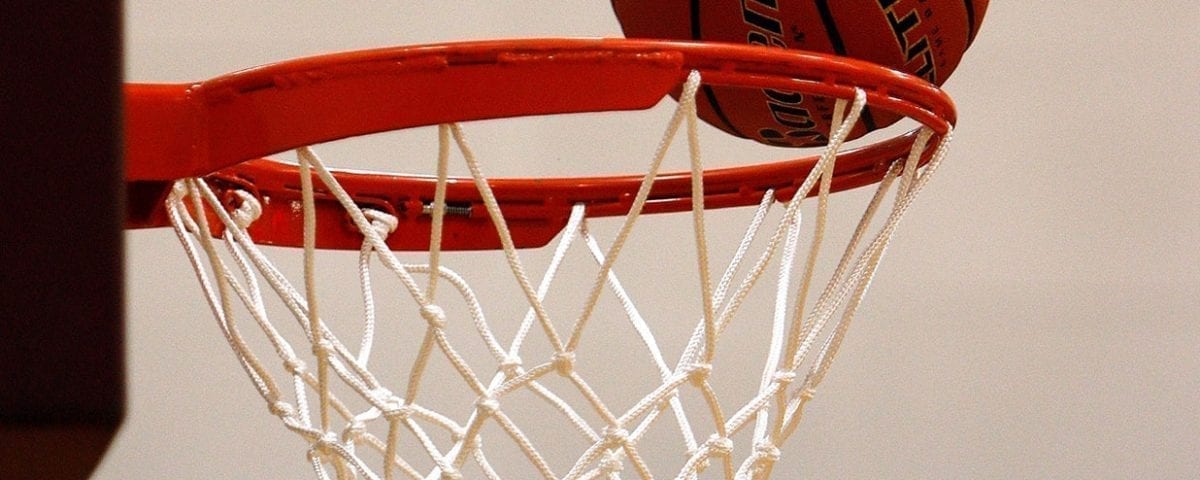Dr. William Parham, the first ever Director of Mental Health and Wellness for the NBA, has stated that nearly 40% of players in the league may struggle with issues relating to mental health, an alarming new statistic.
In fact, John Lucas, the Assistant Coach for the Houston Rockets, has said that mental health issues are an “epidemic” in the NBA, as many players struggle- sometimes in silence. With diagnoses ranging from ADHD, to bipolar disorder, anxiety, and depression, it goes to show that mental illness doesn’t discriminate. Even those with multi-million dollar salaries are affected- maybe even more so, if Parham’s estimates are correct. Making it even more difficult for players who are battling a mental health disorder is the fact that many don’t seek help, whether it be for fear of stigmatization or lack of proper information.
Athletes spend endless hours caring for their bodies physically, perfecting jump shots, following strict meal plans, tending to injuries, etc. However, mental health is often overlooked. This poses a problem, as an individual who is struggling mentally can never be expected to perform at 100% physically. As a case in point, Cleveland Cavalier’s All-Star forward Kevin Love suffered a panic attack mid-game against the Atlanta Hawks, telling his coach that he just couldn’t continue. He ended up on the floor of the training room, Love said, as he experienced trademark signs of a panic attack- a racing heart and the feeling of being unable to breathe.
Toronto Raptor’s guard DeMar DeRozan has opened up about his struggles as well. “This depression get the best of me…” he tweeted at 3am during the NBA All-Star weekend. Then…Washington Wizards forward Kelly Oubre Jr. issued a statement as well on an NBC Sports podcast. “Nobody sees that I’m weak, but deep down inside I am going through a lot,” he said.
Mental health still carries a stigma in America, though nearly one in five adults struggle with it in some way, and that stigma is strong enough for those who aren’t in the limelight. Combine the added stress of fans, coaches, and the need to be seen as strong, as “the best,” and as a role model, and players can become discouraged when it comes to accepting that they have a problem internally. Vocalizing the need for treatment, either professionally or publicly, can be even more daunting.
“No matter how indestructible we look like we are, we’re all human at the end of the day,” DeRozan said in an interview with the Toronto Star.
“They see us as superheroes, but we’re normal people,” Oubre stated in a separate interview. Even superstar athletes deal with family problems, job stressors, and can suffer a chemical imbalance in the brain.
In response to the dire need for better mental health treatment, the NBA has announced that they are launching a new mental health wellness program for players, designed to provide resources for those who may be struggling. Player Wellness Counselors are a component of the program.
“Mental health challenges may be faced by everyone, including professional athletes,” said Michele Roberts, executive director of the National Basketball Players Association, the union affiliated with the league. “This is an area that can no longer be neglected. As a Players Association it is our responsibility to provide our members the resources to succeed both mentally and physically…we have decided to make mental health a priority.”
The most important agent of change, however, may be the players’ personal testimonies. As more individuals speak out about the mental health issues they are facing, the conditions will continue to be normalized, fighting the stigma and therefore encouraging more who are struggling to seek the help they need.




















